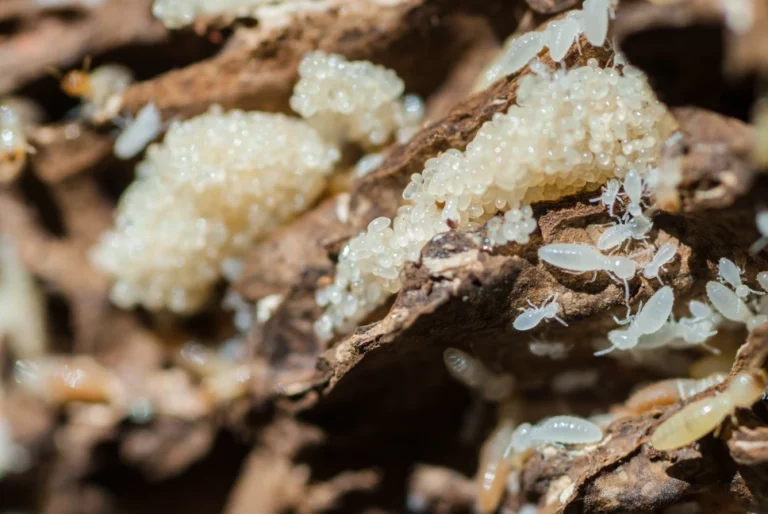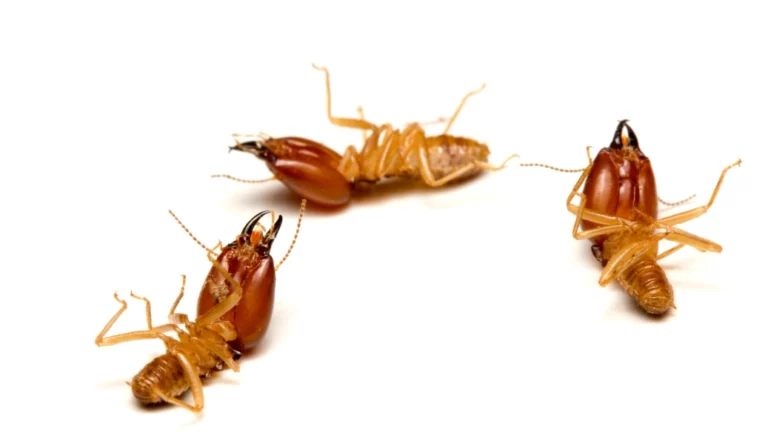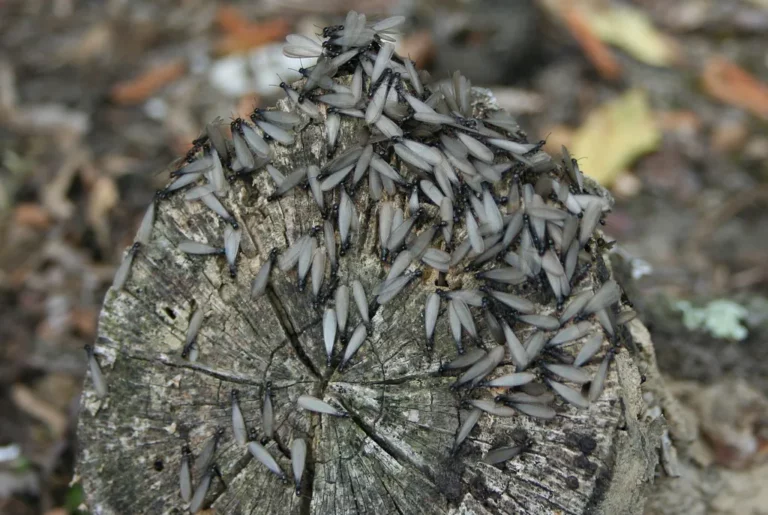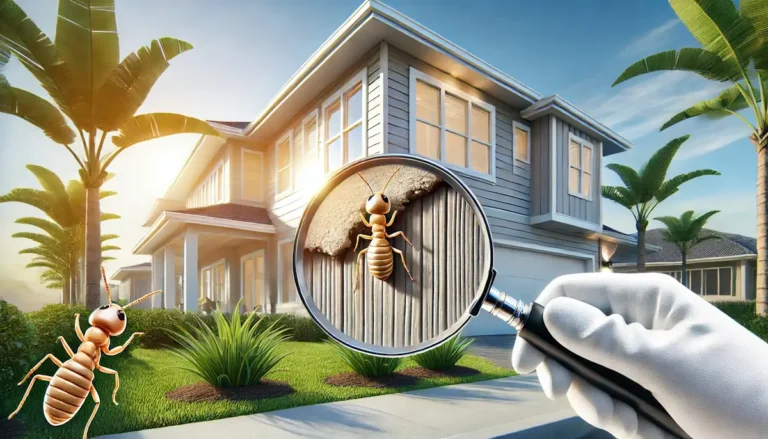Table of Contents
ToggleAs a home buyer purchasing real estate, you have two main types of inspections available. A general home inspection and a termite inspection for home purchase. These home inspections are important to ensure the safety and quality of your future home. If you’re looking to buy a home, having a termite inspector is highly recommended along with a general home inspection.
During a general inspection of a home, a licensed inspector thoroughly examines the property. It is important to fulfill the inspection requirements and also require a termite inspection when purchasing real estate. This includes examining the foundation, structure, heating and air system, roof, windows, and plumbing. The cost for such an inspection ranges from $400 to $600.
Do I Need a Termite Inspection?
When purchasing a new home, it’s crucial to have specialized inspections done. In addition to a general home inspection, a pest inspection is highly recommended. This is because there are certain areas that a general inspector may not thoroughly cover during a basic inspection. Specifically, inspecting for termites, insects, pests or damage caused by them is often overlooked.
Are termite inspections necessary when purchasing a home? We’ll provide an answer in this article.
What are Termites?
Termites are insects that cause extensive damage to wooden structures. They are commonly referred to as “white ants” because they resemble the common household pest. Although termites are not harmful to humans, their destructive capabilities can cause significant harm to homes and structures.
Termites are a major concern for homeowners in the United States due to the prevalent use of wood in home construction. Tiny insects can eat wood from the inside out and damage a home’s structural integrity.
Termites can do significant harm to the structure of buildings. They can affect not only walls and joists, but also cabinets, insulation, and other items made of wood. They can cause structural damage that may be difficult and expensive to repair.
Termite infestations are known to cause destruction to various items, including books, papers, and boxes inside your house. These pests often eat the shrubs, trees, and other foliage that are near your house.
Is a Termite Inspection Required?
When purchasing a home, there is no federal law that obligates a termite inspection. Although some states may require inspections, it is not a widespread practice. However, lenders may require certain proof of one before approving a loan.
When buying a house with a mortgage lender, you may need to get a professional termite inspection. The lender may also ask for a termite clearance letter.
When a pest control company inspects a property for termites and finds no evidence of the pests or damage caused by them, they mark the inspection as clear with a letter “A”.
Remember, if an inspection doesn’t find any signs of termites, it doesn’t guarantee that there wasn’t a previous termite problem. When there is termite damage in the past, it is important to discuss with the seller who will be responsible for the repair costs.
Here’s Why You Need a Termite Inspection
Even if a termite inspection is not mandatory, we highly recommend it as an integral aspect of the home buying process. The benefits of having a termite inspection make it well worth the investment.
1. It is possible for termites to be present and engaged in activities, even if they are not visible.
Wood-destroying organisms, including termites, can cause substantial damage in the United States. However, identifying these wood destroying insects can be challenging.
Getting a termite inspection by a licensed inspector is highly recommended. These inspectors have the expertise to identify termite activity and use specific tools to locate any infestation. For instance, they can use thermal imaging to pinpoint termites’ location, even in difficult-to-reach areas. If they discover any termite infestation, they can recommend treatment options to resolve the issue.
Insects can reside for as long as five years before their colonies increase in size enough to create actual harm. Therefore, the absence of damage doesn’t necessarily signify the absence of insects.
2. Termite damage can be expensive
Termites cause property damage of over $5 billion each year, which is not included in homeowners insurance coverage.
Repairing the damage caused by termites can be quite expensive for a homeowner. On the other hand, a simple inspection to determine whether there are any termites or not only costs around $50-$100. It is evident that it is a good idea to have a termite inspection before purchasing a house.
3. It is wise and cost-effective to take precautionary measures.
It’s important to catch problems early to avoid larger issues later on, particularly in less frequently inspected areas of the house. For example, consider the activity of termites. It’s not uncommon for homeowners to discover termites in the crawl spaces months or even years after buying a house. Unfortunately, this often means the termites were already there before the purchase, causing significant damage over time.
Getting a termite inspection and termite bond can be an inexpensive way to prevent expensive repairs in the future.
What does a termite inspection consist of?
The duration of an inspection largely depends on the size of the house, generally spanning from an hour to two. The inspector will check both inside and outside of the house for signs of termite invasion. This will involve things such as damaged wooden structures, mud tubes, discarded wings, or excrement.
The inspector needs to access every part of the house. This includes the garage, attic, and basement or crawl space, in order to inspect it. The inspector must pay close attention to the kitchen and bathrooms, as termites may use the plumbing to enter the house. The inspector will also thoroughly examine the walls, windows, baseboards, closets, and cabinets.
During the inspection, we will carefully examine the exterior of the house, paying close attention to the outer walls and foundation. We will be looking for any signs of wood decay or mud tubes.
The inspector will check the property and yard carefully to make sure there are no signs of termites. If the current owner has a termite bond, the inspection may be free. However, if this is not the case, a termite inspection can be obtained for as little as $150.
What if a house fails termite inspection?
If you come across a home with termite damage, it doesn’t automatically mean that you should not buy it. The first step is to assess the damage and determine if it can be repaired. The inspector’s recommendations should be followed regarding the next course of action.
If the property has only minor termite damage, it can still be a good choice if the seller agrees to pay for termite treatment and repairs. Consider negotiating a lower price for the home by using the damage as a bargaining tool.
If termite damage is severe, or if the buyer doesn’t want to make repairs and your purchase agreement covers termite damage, you can either cancel the deal or talk to the seller more.
How to Prevent Future Termite Problems
To avoid termite problems in the future, homeowners should remain vigilant even after receiving a positive termite inspection report.
To avoid termite infestation, it is essential to conduct regular home inspections, treatments, and maintenance.




